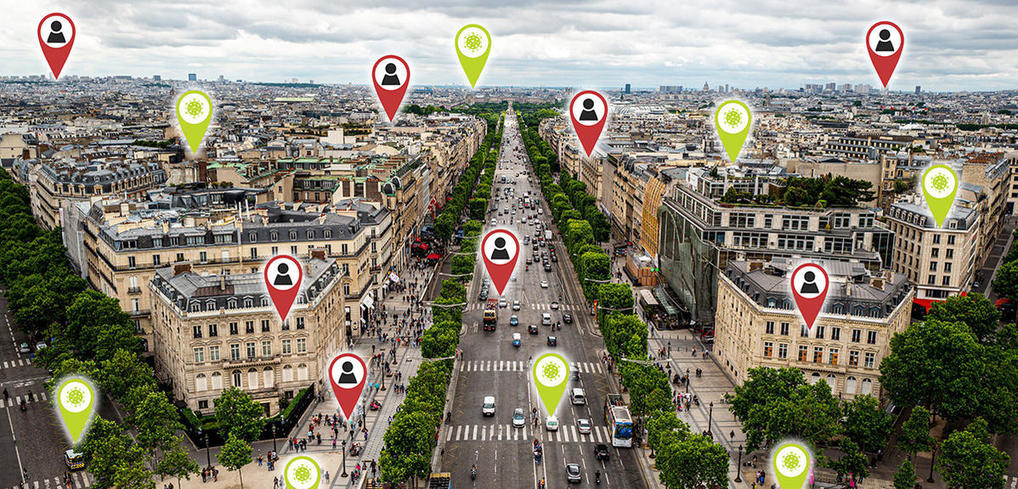Scoop.it
30/04/2020
"Restrictions de circulation, traçage numérique… La crise met-elle durablement en danger nos libertés ?" Débat avec Martin Rueff, philosophe, traducteur et poète, Karine Lefeuvre (EHESP) présidente par intérim du Comité consultatif national d'éthique et Frédérique Schillo historienne.
Source: www.franceculture.fr
30/04/2020
Paris, le mercredi 29 avril 2020 - L’association Soins aux professionnels de santé (SPS) qui coordonne une ligne d’écoute à destination des soignants, vient de publier des données sur son activité pendant le confinement.
L’association met en avant qu’après « des semaines de mobilisation et d’un travail [...]
Source: www.jim.fr
30/04/2020
The use of artificial intelligence (AI) in drug development has been hyped up for some time now – and the COVID-19 pandemic is finally a chance for these technologies to prove their worth. We highlight the companies that are using AI to develop treatments that could end the outbreak.
Pharma is facing a race against time to tackle the exponential rise of COVID-19 cases, and as a result there has been an unprecedented level of data sharing and cooperation in the industry to accelerate the process.
Drug repurposing is the most common strategy pharma companies are applying to address the urgency of the pandemic. Our body is a complex machine and sometimes one drug may work for multiple diseases. Perhaps the most successful example of repurposing is Pfizer’s Viagra in erectile dysfunction, originally intended to treat cardiac conditions.
Repurposing drugs with careful rational examination is a slow process. Companies are running trial and error experiments with already-approved drugs, having established safety profiles in humans, on the basis of basic understanding of the disease. When it comes to COVID-19, hydroxychloroquine (approved to treat Malaria) and remdesivir (for Ebola) are the two best-known examples of this so far.
Source: pharmaphorum.com
30/04/2020
Les chercheurs vont pouvoir accéder aux données de mobilité des utilisateurs du réseau social Facebook, pour mieux comprendre la dynamique de la pandémie, mais sans compromettre leur vie privée. Explications avec Jamal Atif, spécialiste en science des données.
Source: lejournal.cnrs.fr






